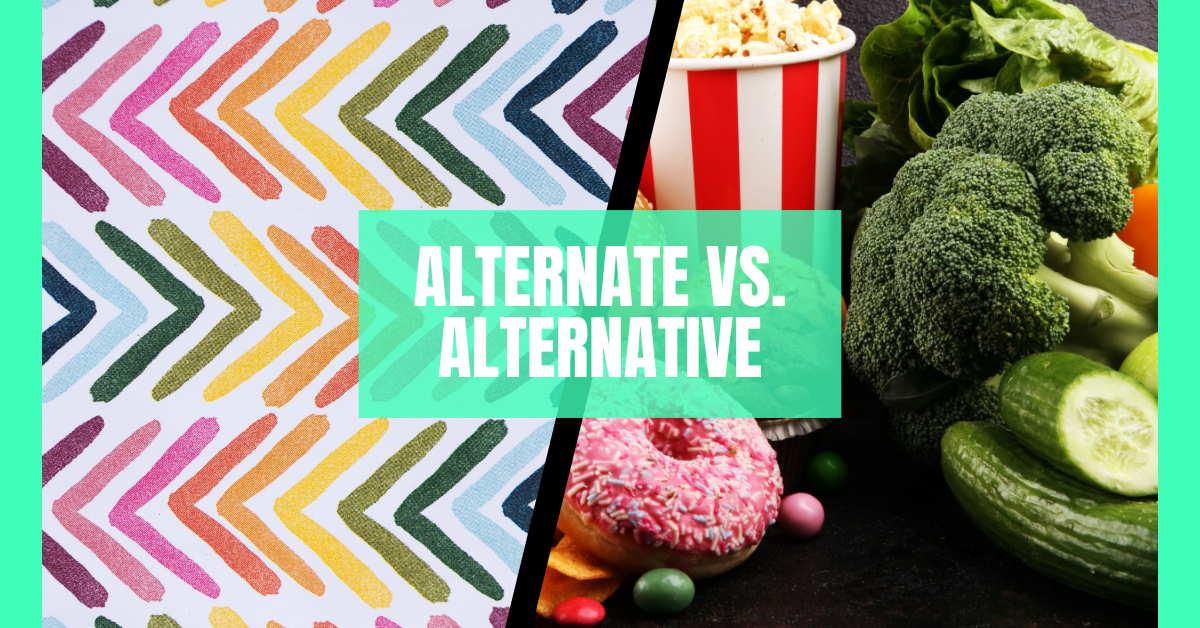If I Was vs. If I Were: A Simple Guide to Understanding the Difference

If I Was vs. If I Were: A Simple Guide to Understanding the Difference
If I Was vs. If I Were: Understanding the Difference
English is full of tricky grammar rules, but one area that trips up even native speakers is knowing when to use “If I was” versus “If I were.” At first glance, these phrases may seem interchangeable, but they serve different functions in the English language. Let’s dive into how to distinguish them and when to use each.
Source: Learn English Coach YouTube Channel
The Key Difference: Indicative vs. Subjunctive Mood
To understand why we have two different options, we need to talk about mood in grammar. No, this isn’t about how you feel when you speak—it’s about how a verb relates to reality.
Indicative Mood is used to express facts, statements, or something real. When you say “If I was,” you generally refer to something that could have happened.
Subjunctive Mood is used for hypothetical or unreal situations. “If I were” comes into play when discussing things that are imagined or contrary to fact.
Let’s look at how these differences unfold in practice.
When to Use “If I Was”
The phrase “If I was” refers to real possibilities or something that might have happened. It is grounded in reality and time, usually in the past. For example:
“If I was late to the meeting, I apologize.”
In this sentence, you’re referring to a situation that could have realistically happened. There’s no sense of imagination or unreality here.
Another way to think about it is to use “If I was” when dealing with real conditions or situations based on fact.
“If I was rude, I didn’t mean to be.”
Here, you’re acknowledging that it’s possible you were rude in the past. The event could have actually happened, so “If I was” is the correct choice.
When to Use “If I Were”
On the other hand, “If I were” is used when discussing hypothetical or unreal conditions. This phrase belongs to the subjunctive mood, where you talk about things that aren’t real or are purely speculative. For example:
“If I were a bird, I’d fly across the world.”
Clearly, you’re not a bird, and you’re not about to sprout wings anytime soon. Because this is an imaginary scenario, you use “If I were.”
Another typical example is the well-known phrase:
“If I were you, I’d take that job offer.”
This isn’t literal since you’re not the person you’re talking to. You’re suggesting what you would do in a hypothetical situation, so “If I were” is correct here.
The rule of thumb? Use “If I were” when you’re talking about something that’s contrary to fact or purely hypothetical.
Why Does This Matter?
Some might wonder if this distinction is really that important in everyday conversation. After all, many native speakers casually say, “If I was” even in hypothetical situations. While this usage has become more common, understanding and using the correct form—especially in formal writing or professional contexts—shows a strong command of the English language. In certain situations, using “If I was” instead of “If I were” could come across as unpolished or incorrect.
Moreover, mastering this rule helps clarify your meaning. If you want to convey that a situation is unreal or hypothetical, “If I were” immediately does that, signaling to your listener or reader that you’re talking about something that isn’t true.
Real-Life Examples
Let’s explore a few more scenarios to solidify your understanding.
“If I was sick yesterday, that explains why I felt so awful.”
This sentence discusses a real possibility from the past—being sick is a factual situation, not hypothetical.
“If I were sick, I wouldn’t have come to work today.”
In this case, you’re discussing a situation that isn’t true—you’re not sick, but if you were, you’d behave differently. Since this is a hypothetical condition, “If I were” is the correct choice.
Here’s another set:
“If I was the one who left the door open, I’m sorry.”
This refers to something that could have happened—leaving the door open is a real possibility, so “If I was” fits.
“If I were the one in charge, things would be different.”
You’re imagining a situation where you have power or control. Since this is purely hypothetical, “If I were” is the right choice.
The Present-Day Debate: Is “If I Was” Becoming Acceptable?
While “If I were” is traditionally the proper form for hypotheticals, modern usage has seen “If I was” creep into informal speech, even when referring to unreal situations. Many native speakers mix the two, especially in casual conversation. However, sticking to the traditional rules is always a safe bet in formal writing or professional environments.
Language evolves, and while some grammarians may frown upon this shift, it’s always good practice to understand the rules before deciding when it’s appropriate to bend them. Knowing the difference between “If I was” and “If I were” will give you confidence when speaking or writing, no matter the context.
Wrapping It Up
In summary:
Use “If I was” for real, factual, or possible situations, especially in the past.
Use “If I were” for imaginary, hypothetical, or unreal conditions.
These two little words carry a lot of weight when it comes to clarity in English. By understanding the difference, you’ll not only sound more polished but also ensure that your meaning is clear—whether you’re talking about real-life events or daydreaming about what you’d do if you were a superhero!
FREE Quiz
Take our free quiz to test your knowledge of If I Was vs. If I Were. 👉 Click Here to Start the Quiz






